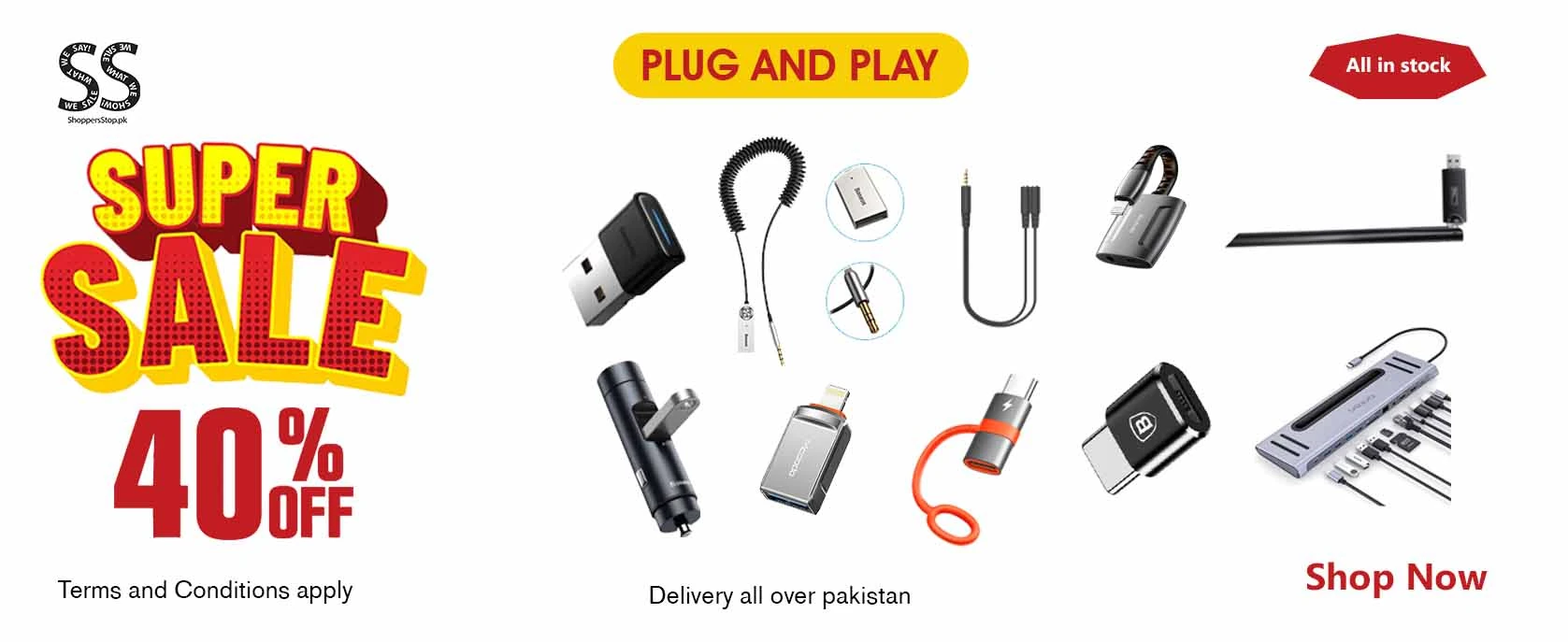Dongles are compact devices designed to provide internet connectivity without the need for traditional wired connections. These devices have gained significant popularity due to their effectiveness in meeting the connectivity needs of users who require access to the internet while on the go. As such, they are particularly useful for individuals such as travelers and remote workers, making them an essential tool in today’s digital age. With continuous advancements in technology, dongles have evolved to become increasingly portable and versatile, allowing users to maintain their internet connections in various environments where conventional internet access may be limited or unavailable.
About Dongle
A dongle serves as a wireless communication device that connects seamlessly to laptops, PCs, or smartphones to provide internet access. These devices eliminate the necessity for cumbersome cables, enhancing convenience for users who are frequently on the move. Most dongles connect via USB ports or other compatible slots, enabling users to establish a secure internet connection with ease. This feature can be especially beneficial in areas lacking reliable Wi-Fi options, such as remote locations or while traveling.
In addition to their portability, dongles are designed to cater to a wide array of user needs, ranging from casual browsing to more intensive online activities such as video streaming or online gaming. Their ability to maintain a private internet connection can be advantageous for individuals who prioritize security while accessing the internet. This is particularly relevant as public Wi-Fi networks often pose security risks, making a reliable dongle a safer alternative.
Common Product Types and Features
- USB Dongles: These devices connect directly to a computer’s USB port and are a common choice for many laptop and desktop users. They are straightforward to use, requiring minimal setup.
- Portable Wi-Fi Hotspots: These devices create a personal Wi-Fi network by connecting to a mobile data plan. They allow multiple devices to connect at once, making them ideal for group travel.
- Dual-Band Dongles: Capable of connecting to both 2.4GHz and 5GHz networks, these dongles offer improved speed and connectivity, ensuring users can choose the best network available.
- Travel-Specific Models: Designed with travelers in mind, these models often feature compact designs and lightweight builds, making them easy to pack and carry.
- Compatibility: Many dongles support various operating systems, including Windows, macOS, and Linux, ensuring a broad range of usability across different devices.
- Security Features: Certain models come equipped with built-in encryption to enhance the security of the internet connection, providing users with peace of mind while online.
- Data Plans: Many dongles require a compatible SIM card for mobile data access. These data plans can be purchased separately, allowing users flexibility in choosing their service provider.
In summary, dongles are versatile and convenient devices that play a crucial role in providing internet connectivity in a portable format. Their various types and features cater to different user needs, making them suitable for casual users and professionals alike. As technology continues to advance, dongles are likely to become even more efficient, further enhancing the user experience and connectivity options available to those in need of reliable internet access.

